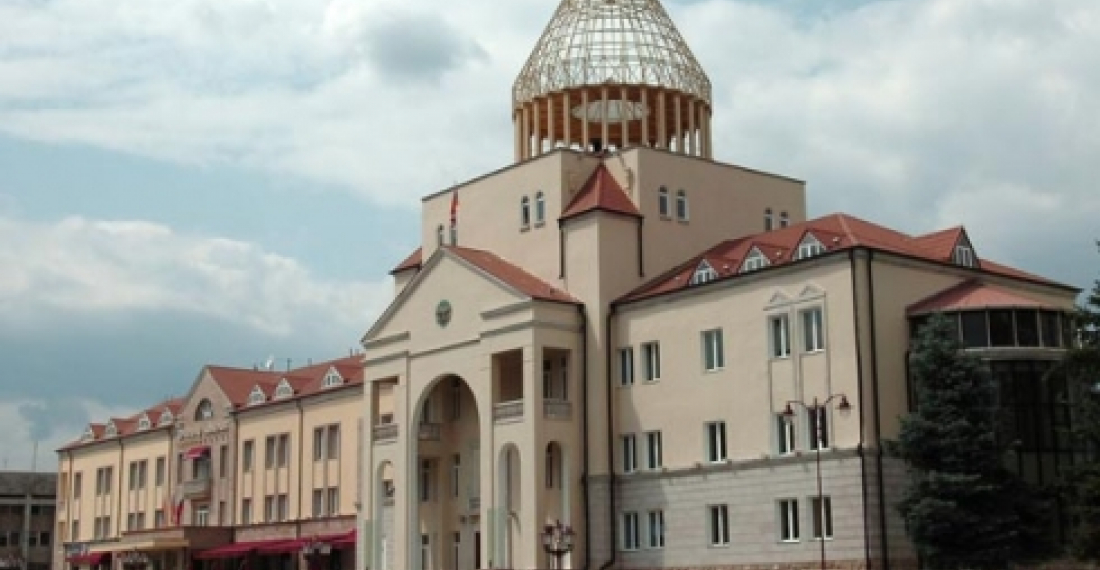Parliamentary factions and groups have adopted a joint statement saying that on February 20, 1988 in line with the Constitution and then effective legislation of the USSR, the former Nagorno Karabakh Autonomous Oblast Regional Council basing on the will of the Armenia population on the region submitted a petition to the Supreme Councils of the Azerbaijani SSR and Armenian SSR on the secession of the Nagorno Karabakh Autonomous Oblast from Soviet Azerbaijan and its transfer to Soviet Armenia. In response to that legal demand, the Azerbaijani authorities started repressions.
The statement reads that on February 26-28 1988 the Azerbaijani authorities planned and committed massacre of the Armenian population in Sumgait, which is provide by thousands of evidences, ArmInfo's correspondent to Stepanakert reports.
"To conceal their criminal attitude towards not only the peaceful Armenian population but also Azerbaijani population in Nagorny Karabakh, the ruling elite of Azerbaijan has been speculating on the topic 'genocide of peaceful population of Khojalu' for already 20 years.
"Basing on evidences by many witnesses of those incidents that were recorded by journalists and international human rights organizations and even confirmed by some Azerbaijani authors, and for the fair and true presentation of facts, the deputy factions and group of the NKR National Assembly declare that it is only the Azerbaijani authorities and forces that are responsible for the violence committed with regard to the peaceful population on Sumgait, Azerbaijan, on Feb 26029 1988 and the peaceful population in Khojalu, Askeran region of NKR on Feb 26-27," the statement reads.
The NKR parliamentarians express their commitment to peaceful resolution of the Karabakh conflict and urge that Azerbaijani party to "refuse the groundless and irresponsible policy of enmity and hatred and direct efforts to creation of bases for further peaceful coexistence of the two neighbor states and peoples."
Karabakh parliamentarians condemn massacre of Armenians in Sumgait and Baku's speculations on Khojalu
Karabakh parliamentarians condemn massacre of Armenians in Sumgait and Baku's speculations on Khojalu







